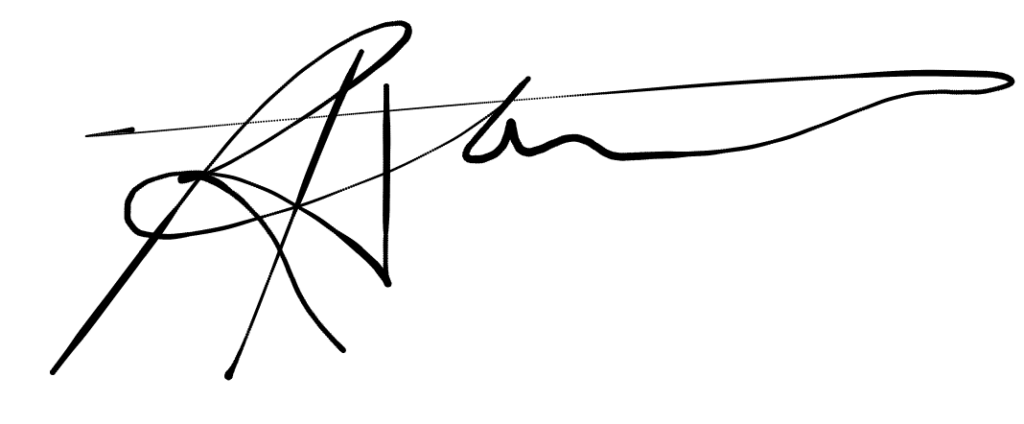
AI literacy.
futures literacies.
digital arts-based research.
educational technologies.
I employ creative digitally mediated methods to provoke and examine
diverse futures in education and educational research.
In my research and teaching I aim to cultivate creative, nimble,
curious, and intelligent practices for thriving together in uncertain times.
Welcome.
As Artificial Intelligence continues to saturate the educational landscape, I am to treat these systems as both material and discourse: sites for participatory design, critical making, and ethical inquiry. My work invites students and educators to test tools, trace their data relations, and prototype alternatives that foreground consent, accessibility, and environmental responsibility. We stay attentive to and celebrate difference—how contexts shape practice—and name when use drifts into misuse, or when refusal hardens into prohibition that forecloses learning. Across courses and projects, I build values-based armature that holds space for experimentation, accountability, and care.
This is website is my personal portfolio, which always lags a little behind my work in the world. You can also find me participating in public discourse on this issue
I am available to speak, teach, and/or collaborate. If anything here interests you and you’d like to discuss further, please don’t hesitate to reach out.
Warmly,

““It matters what matters we use to think other matters with; it matters what stories we tell to tell other stories with; it matters what knots knot knots, what thoughts think thoughts, what descriptions describe descriptions, what ties tie ties. It matters what stories make worlds, what worlds make stories.”
Donna Haraway, 2016
